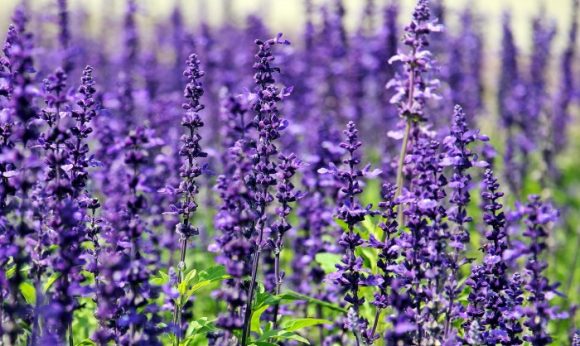All posts tagged culinary sage
Musty and Culinary Sage
Common garden sage or sage is a woody, perennial plant with purple to blue blossoms that are edible. You can harvest the flowers and use them as decoration on cakes, pour hot water over them to make tea or use them to make herbal vinegar. Continue reading [...]

